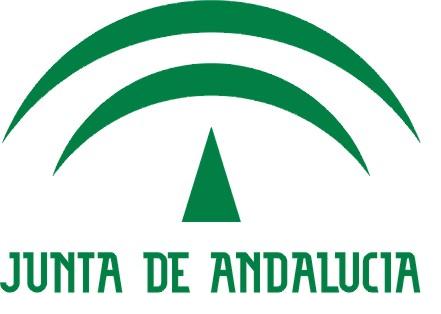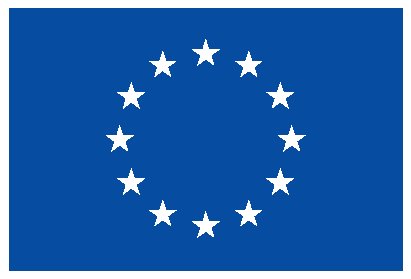WCCI2020 - Special session on "Ordinal classification"

This session has been provisionally accepted for the IJCNN 2020 conference which will be held as part of the 2020 IEEE WCCI in Glasgow, Scotland, United Kingdom at July 19-24, 2020.
Scope
Ordinal classification includes those classification tasks in which exist a natural order between the labels, i. e. the target variable presents an ordering relation. For instance, many medical diagnosis problems are covered in this area, because the different stages of a disease could be categorized by {“healthy”, “initial”, “mild”, “medium”, “severe”}. In this way, ordinal classification techniques can exploit two different aspects of these problems: 1) the patterns are supposed to be (linearly or non linearly) arranged in the input space according to their label; 2) misclassification errors should be penalized according to the ordinal label (e.g. labeling a “severe” patient as “healthy” should be imposed a higher cost than assigning it the “medium” class). Specific solutions have been recently proposed in the machine learning and pattern recognition literature [1, 2], resulting in a very active field.
This special session aims to cover a wide range of recent advances on ordinal classification and provide a common forum for researchers and practitioners to exchange their ideas and report their latest finding in the area.
[1] H.-T. Lin and L. Li, “Reduction from cost-sensitive ordinal ranking to weighted binary classification,” Neural Computation, vol. 24, no. 5, pp. 1329–1367, 2012
[2] P.A. Gutiérrez, M. Pérez-Ortiz, J. Sánchez-Monedero, F. Fernandez-Navarro y C. HervásMartínez. "Ordinal regression methods: survey and experimental study", IEEE Transactions on Knowledge and Data Engineering, Vol. 28, January, 2016, pp. 127-146.
Topics
In particular we encourage submissions addressing the following issues:
- Extensions of standard classification methods to ordinal classification (support vector machines, Gaussian processes, discriminant analysis, etc).
- Extensions of deep learning techniques to ordinal classification.
- Threshold models and decomposition methods for ordinal classification.
- Pre-processing methods for ordinal data (data cleaning techniques, feature selection, over-sampling, under-sampling, etc.).
- Evaluation measures for ordinal classification.
- Data preprocessing (feature selection, noise filtering, etc.) for ordinal classification and time series analysis.
- Time series ordinal classification (extensions of standard time series classification methods for considering ordinal labels).
- Applications in medicine, renewable energies, environmental issues... and any other real-world problems.
Paper submission
If you are interested in taking part on this special session, please submit your paper directly through the IJCNN 2020 website selecting the following option for the "Main research topic": "Ordinal Classification". You can find further information related to the submission process and important dates at the conference website.
Papers submitted for special sessions are to be peer-reviewed with the same criteria used for the rest of contributed papers. As a result, all accepted papers will be included in the proceedings of IJCNN2020.
Important dates
- 15th January 2020 – Paper Submission Deadline
- 15th March 2020 – Paper Acceptance Notification Date
- 15th April 2020 – Final Paper Submission and Early Registration Deadline
- 19-24 July 2020 – IEEE WCCI 2020, Glasgow, Scotland, UK
Organizers
- David Guijo-Rubio, Dept. of Computer Science and Numerical Analysis, University of Cordoba, Spain. Email address: Esta dirección de correo electrónico está siendo protegida contra los robots de spam. Necesita tener JavaScript habilitado para poder verlo.
- Pedro A. Gutiérrez, Dept. of Computer Science and Numerical Analysis, University of Cordoba, Spain. Email address: Esta dirección de correo electrónico está siendo protegida contra los robots de spam. Necesita tener JavaScript habilitado para poder verlo.
- Anthony Bagnall, School of Computing Sciences, University of East Anglia, United Kingdom. Email address: Esta dirección de correo electrónico está siendo protegida contra los robots de spam. Necesita tener JavaScript habilitado para poder verlo.









